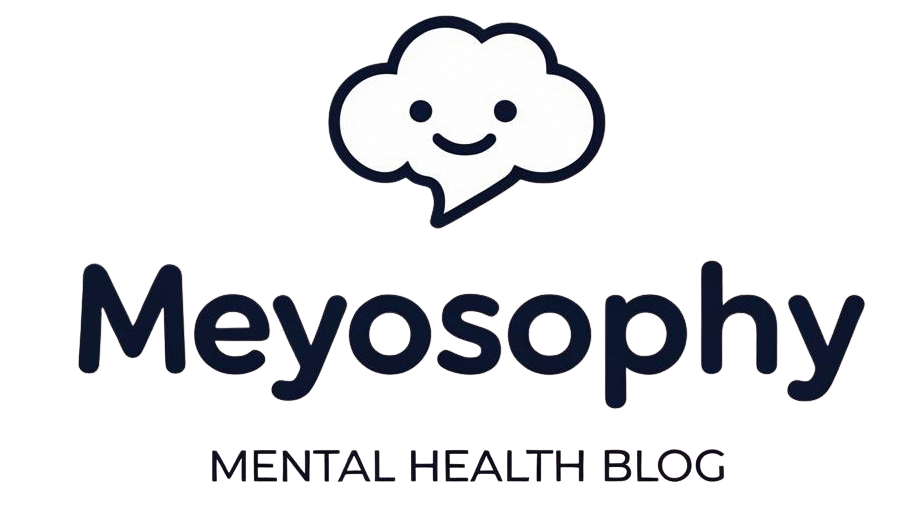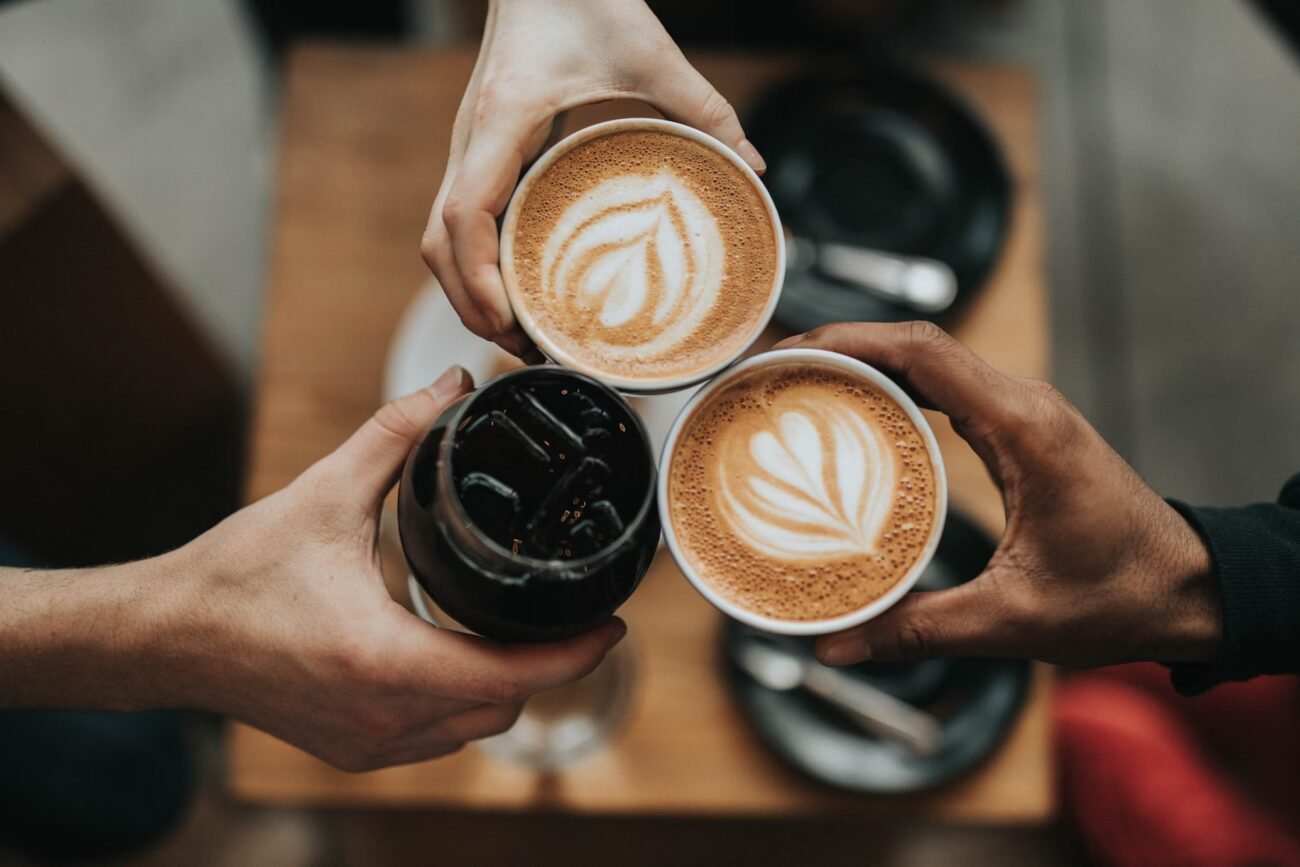Caffeine is the world’s most widely consumed psychoactive substance: found in coffee, tea, chocolate, energy drinks, sodas and even in some medications. Many of us reach for it to wake up, boost focus or get through a sluggish afternoon. But if you struggle with anxiety, caffeine might be doing more harm than good.
Let’s take a look at what caffeine does in your body, how it connects to anxiety and what foods and drinks might be secretly adding to your daily intake.
How Caffeine Works in the Body
When you drink a cup of coffee or take a sip of an energy drink, caffeine is quickly absorbed into your bloodstream and travels to your brain. There, it blocks adenosine receptors. These are responsible for making you feel tired. With adenosine out of the way, your brain releases more dopamine and norepinephrine, which increase alertness and energy.
This can feel great… in moderation. But caffeine also stimulates your central nervous system, increasing heart rate, breathing and stress hormone levels. For people prone to anxiety, this stimulation can push your nervous system into overdrive.
Why Caffeine Can Worsen Anxiety
If you already live with anxiety, your body is often more sensitive to stress signals. Caffeine can mimic or intensify symptoms like:
- Racing heart
- Restlessness
- Sweating
- Trembling
- Difficulty sleeping
This happens because caffeine activates the fight-or-flight response (the same system your body uses in moments of danger). For someone with anxiety, this heightened state can trigger panic attacks or feelings of unease.
A 2015 study in Journal of Psychopharmacology found that high caffeine intake was linked to increased anxiety in sensitive individuals, especially those with panic disorder. Even moderate amounts (about 200 mg) can be disruptive.
Foods and Drinks That Contain Caffeine
Coffee isn’t the only culprit. Caffeine hides in many everyday foods and beverages, sometimes in surprising amounts. Here’s an overview of common sources:
| Food/Drink | Average Caffeine Content |
| Brewed coffee (8 oz) | 95 mg |
| Espresso (1 oz) | 63 mg |
| Black tea (8 oz) | 47 mg |
| Green tea (8 oz) | 28 mg |
| Matcha (8 oz) | 60 a70 mg |
| Cola (12 oz) | 33 mg |
| Energy drinks (8 oz) | 80 mg (varies) |
| Dark chocolate (1 oz) | 23 mg |
| Milk chocolate (1 oz) | 6 mg |
| Coffee-flavored ice cream (1 cup) | 45 a 60 mg |
| Over-the-counter headache medicine (per tablet) | 65 mg |
Even “decaf” coffee isn’t truly caffeine-free. It still contains about 2–5 mg per cup.
How Much Caffeine Is Too Much?
For most healthy adults, up to 400 mg of caffeine per day is considered safe (about 4 small cups of coffee). But for those with anxiety disorders, even 100–200 mg may be enough to trigger symptoms.
Your personal tolerance depends on:
- Genetics (some people metabolize caffeine more slowly)
- Body weight
- Current stress levels
- Sleep quality
- Overall diet
If you find yourself feeling jittery, restless, or unable to sleep after caffeine, it’s worth tracking your intake.
Tips for Reducing Caffeine Without Withdrawal Headaches
If you want to cut back, don’t go cold turkey. This can lead to headaches, irritability and fatigue. Instead:
- Gradually lower your dose: swap one caffeinated drink for a caffeine-free alternative each week.
- Switch to lower-caffeine options: replace coffee with green tea, then with herbal tea.
- Stay hydrated: dehydration can worsen caffeine withdrawal symptoms.
- Get enough sleep: so you rely less on caffeine for energy.
Bottom Line
Caffeine affects everyone differently, but if you’re prone to anxiety, it’s worth paying attention to how much you consume. Even hidden sources (like chocolate or tea) can add up and trigger symptoms. By tracking your intake and making small changes, you can regain control over your energy levels and reduce unnecessary anxiety.
Sources:
- Smith, A. (2002). Effects of caffeine on human behavior. Food and Chemical Toxicology, 40(9), 1243–1255.
- Lara, D. R. (2010). Caffeine, mental health, and psychiatric disorders. Journal of Alzheimer’s Disease, 20(s1), S239–S248.
- Institute of Medicine (US) Committee on Military Nutrition Research. Caffeine for the Sustainment of Mental Task Performance. Washington (DC): National Academies Press (US); 2001.
Disclaimer: I’m not a mental health professional, everything here is shared from research and personal experience. If you’re feeling overwhelmed or need support, please consider talking to a qualified professional. You’re not alone. If you’re in the U.S., you can call or text 988 anytime. For help in other countries, visit https://findahelpline.com.


Interesting post. I will admit to having anxiety and drinking too much caffeine. Thanks for the reminder to pay attention to how much I’m consuming.
I didn’t realize how much caffeine could affect anxiety until recently. I’m now trying to cut back—switching to instant or tea at night instead of coffee. It’s already making a difference in how I feel before bed. Thanks for this very informative information. I also like your list of alternative drinks that are better.
I’ve been thinking about reducing my caffeine intake lately, and reading your post has just made me realize how much it has affected my anxiety. Thanks for the useful swaps and tips; this will help me reduce my afternoon coffee intake gradually.
Wow this is so true for me! And I’m literally always tired!
I try to limit my caffeine to a cup of coffee per day, but if I’m working on projects I need it to push through. Otherwise, I’m drinking water so maybe it evens out in my mind.
I used to drink coffee so much, but then stopped about 10 years ago after it started giving me headaches. I couldn’t go back to drinking now.
Interesting post, I am a coffee lover. I love caffeine but it affects people differently.